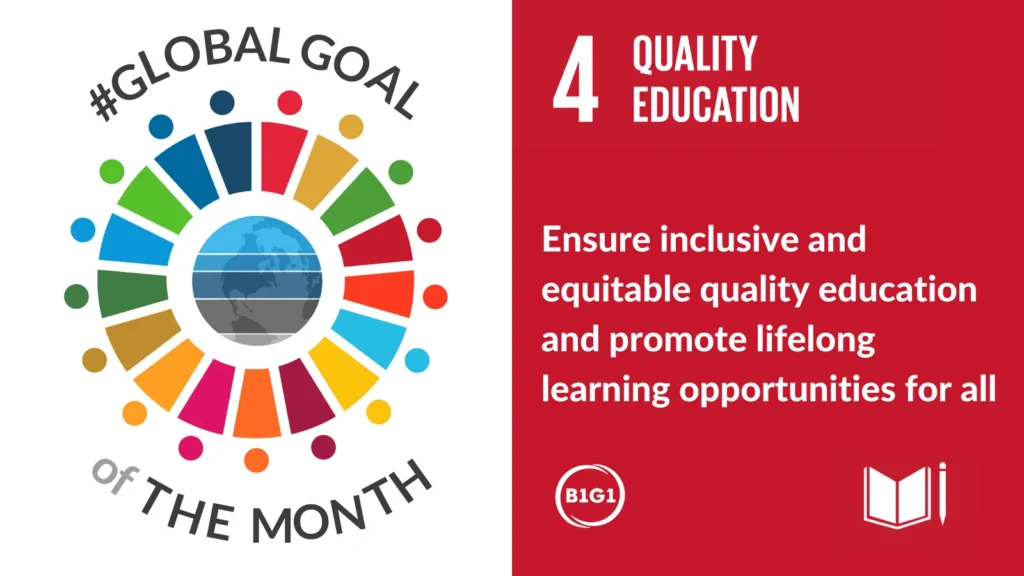As we step into 2024, the urgency to address climate change has never been more critical. Global leaders are increasingly recognizing the profound impact of climate change on our planet, economies, and societies. In this article, we will delve into the various initiatives and strategies that world leaders are implementing to combat this pressing issue. From ambitious carbon reduction targets to innovative renewable energy projects, the fight against climate change is gaining momentum on a global scale.
In the following sections, we will explore specific actions taken by key nations and international organizations, highlighting their commitments to sustainability and environmental protection. You will learn about groundbreaking agreements forged at climate summits, the role of technology in mitigating climate impacts, and how grassroots movements are influencing policy decisions. This comprehensive overview will provide you with insights into the collaborative efforts that are shaping our response to climate change in 2024.
Join us as we uncover the multifaceted approaches being adopted worldwide to tackle climate change. Whether you are a concerned citizen, a student, or a professional in the field, this article aims to inform and inspire action. Stay with us to discover how global leaders are not only addressing the challenges posed by climate change but also paving the way for a sustainable future for generations to come.
As the urgency of climate change escalates, global leaders are stepping up their efforts to combat this pressing issue. In 2024, various initiatives and policies are being implemented worldwide to address the environmental crisis. This article explores the multifaceted approaches taken by leaders across the globe to mitigate climate change.
International Climate Agreements
In 2024, international climate agreements continue to play a crucial role in uniting countries towards a common goal. The Paris Agreement remains a cornerstone, with nations revisiting their commitments to reduce greenhouse gas emissions. Countries are now setting more ambitious targets, aiming for net-zero emissions by mid-century. This collective effort is vital for limiting global warming to 1.5 degrees Celsius.
Moreover, new agreements are emerging, focusing on specific sectors such as transportation and agriculture. These agreements encourage nations to share technology and resources, fostering collaboration in the fight against climate change. The emphasis on accountability and transparency in these agreements is also increasing, ensuring that countries adhere to their commitments.
Renewable Energy Initiatives
Transitioning to renewable energy sources is a top priority for global leaders in 2024. Countries are investing heavily in solar, wind, and hydroelectric power to reduce reliance on fossil fuels. This shift not only helps in cutting emissions but also promotes energy independence and job creation in the green sector.
Many nations are implementing policies that incentivize the adoption of renewable energy technologies. For instance, subsidies for solar panel installations and tax breaks for wind energy projects are becoming more common. These initiatives are crucial for accelerating the transition to a sustainable energy future.
Climate Finance and Investment
Climate finance is essential for supporting developing countries in their efforts to combat climate change. In 2024, global leaders are increasing their financial commitments to climate adaptation and mitigation projects. This includes funding for infrastructure improvements, disaster resilience, and sustainable agriculture practices.
International financial institutions are also playing a significant role by providing loans and grants for green projects. The focus is on ensuring that climate finance is accessible and effectively utilized, particularly in vulnerable regions that are disproportionately affected by climate change.
Technological Innovations
Technological advancements are at the forefront of the fight against climate change in 2024. Leaders are promoting research and development in areas such as carbon capture and storage, energy efficiency, and sustainable materials. These innovations are crucial for reducing emissions and enhancing sustainability across various sectors.
Collaboration between governments, private companies, and research institutions is fostering a culture of innovation. Initiatives like public-private partnerships are becoming more prevalent, enabling the rapid deployment of new technologies that can significantly impact climate change mitigation efforts.
Climate Education and Awareness
Raising awareness about climate change is essential for driving action. In 2024, global leaders are prioritizing climate education in schools and communities. By integrating climate science into educational curricula, future generations are being equipped with the knowledge and skills needed to address environmental challenges.
Public awareness campaigns are also gaining momentum, encouraging individuals to adopt sustainable practices in their daily lives. These initiatives aim to foster a culture of environmental responsibility, empowering citizens to contribute to climate action.
Biodiversity Conservation Efforts
Protecting biodiversity is increasingly recognized as a critical component of climate action. In 2024, global leaders are implementing strategies to conserve ecosystems and protect endangered species. Healthy ecosystems play a vital role in carbon sequestration and climate regulation.
Efforts include establishing protected areas, restoring degraded habitats, and promoting sustainable land-use practices. By prioritizing biodiversity, leaders are not only addressing climate change but also enhancing resilience against its impacts.
Urban Sustainability Initiatives
As urbanization continues to rise, cities are becoming focal points for climate action. In 2024, global leaders are promoting urban sustainability initiatives aimed at reducing emissions and enhancing the quality of life for residents. This includes investments in public transportation, green spaces, and energy-efficient buildings.
Smart city technologies are also being leveraged to optimize resource use and minimize waste. By creating sustainable urban environments, leaders are addressing both climate change and the challenges of urban living.
Youth Engagement in Climate Action
The involvement of youth in climate action is gaining



